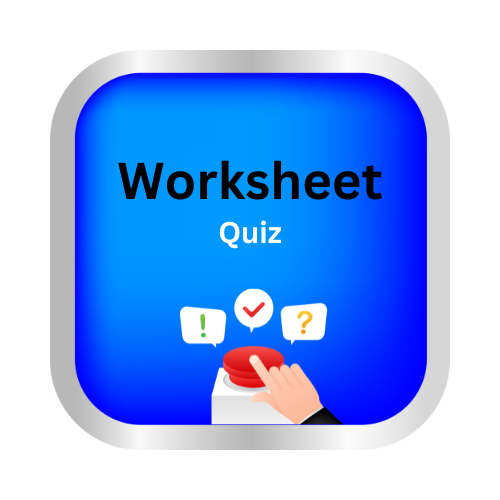What role you can play
Key Notes :
1. Water as a Limited Resource
- Water is essential for all living organisms; it is used for drinking, agriculture, sanitation, industry, and energy production.
- Only about 2.5% of the Earth’s water is fresh water, and less than 1% of this is readily accessible for human use.
- Pollution, climate change, and overuse threaten the availability of clean water.
2. The Importance of Conserving Water
- Conserving water helps in maintaining the balance of ecosystems and ensures that water remains available for future generations.
- Overuse of water leads to water scarcity, which affects agriculture, industry, and personal use.
- Water conservation reduces energy consumption, as water treatment and distribution require energy.
3. Role of Individuals in Water Conservation
- Turning Off Taps: Ensure taps are turned off when not in use to avoid wastage.
- Efficient Water Use: Use water-efficient appliances like low-flow showerheads, faucets, and toilets.
- Watering Plants Smartly: Water gardens during cooler times of the day, like early morning or evening, to reduce evaporation.
- Fixing Leaks: Repair leaky taps, pipes, or toilets to prevent unnecessary water wastage.
- Recycling Water: Use greywater (wastewater from sinks, baths, etc.) to water plants or clean outdoor spaces.
- Rainwater Harvesting: Collect rainwater in barrels for use in irrigation and other non-drinking purposes.
4. Raising Awareness
- Share the importance of water conservation with family and friends.
- Organize or participate in community clean-up or water conservation drives.
- Encourage the use of water-saving techniques in schools and communities.
5. Government and Global Efforts
- Governments and NGOs work towards building infrastructure for water conservation, sanitation, and recycling.
- Global agreements like the United Nations’ Sustainable Development Goal 6 aim to ensure universal access to clean water and sanitation.
Let’s practice!

